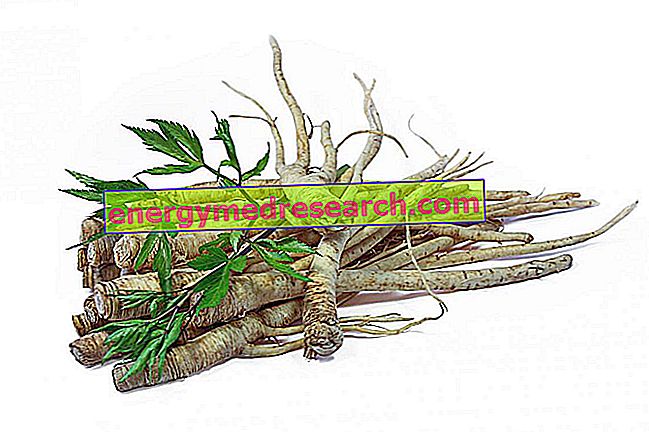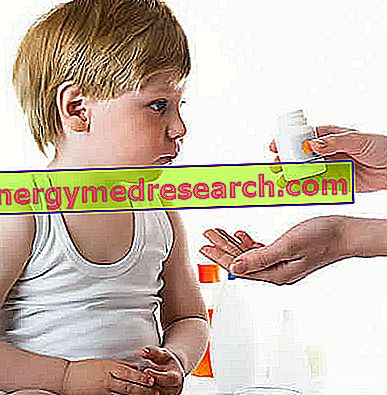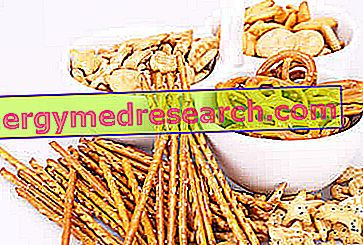
The influenza virus can be affected by the application of red ginseng extract. After intra-nasal administration, in the presence of influenza A / PR8 virus, the levels of total IgA and IgG in the blood, lung, vagina and feces of mice significantly increase.
At the same time, the activity of virus neutralization, the production of cytokines, the changes in body weight and the survival rate, were all improved by treatment with ginseng; this suggests that ginseng has an immunoregulatory type function.
The H9N2 avian influenza virus is linked to mortality of human endothelial cells, causing severe inflammation and apoptosis in host cells. The H9N2 virus can induce the generation of reactive oxygen species (ROS), stimulate the inflammatory response (producing IP-10 chemokines) and cause apoptosis and / or damage to cellular DNA. Two ginseng ginsenosides (triterpene saponins) have been shown to perform various protective functions against the H9N2 virus. Ginsenoside protopanaxatriol reduced ROS stress and decreased IP 10 expression (also stimulated by ROS), while ginsenoside Re moderated DNA damage and cell death caused by the influenza virus.
Infection with the influenza A (H1N1) virus also appears to be hindered by the administration of red ginseng extracts.
The HIV-1 virus of acquired human immunodeficiency (AIDS) causes the immune system to malfunction. Thanks to the introduction of highly active antiretroviral therapy (HAART) and the development of many anti-retroviral drugs, the mortality and morbidity rates linked to HIV-1 have been significantly reduced. However, mutant and anti-retroviral resistant viruses limit the effectiveness of the drugs in question. It is therefore interesting to note that red ginseng has been shown to exert some positive effects on HAART by delaying the development of these mutations.
Ginseng has also shown inhibitory effects on the growth of other viruses, such as rotavirus, mouse norovirus (MNV) and feline calicivirus (FCV), as long as they are in pre-treatment.
Future studies on the effect of ginseng should include more direct immunological methods to more accurately assess antiviral activity.



